You can cut your food bills by 25% or MORE by adopting some simple money saving strategies. Before grocery stores and super markets came along, people needed to be a bit more resourceful when it came to stocking up on food. A lot of really useful, cost saving practices have been left by the wayside and it's really a shame because these strategies really do work.
Let's work together to minimize or dependences and vulnerabilities within the modern food system. It's not sustainable and a lot of people are struggling to put good food on the table because of this flawed system. With a bit of diversification in how you source your food, you'll worry a lot less about inflation, taxes and food shortages. By incorporating just a few of the following ideas, you'll be well on your way to reducing your overall food spending.
Why not think of it as you "beating the system". Who wouldn't want more food for less money?
Price Shop and Plan Ahead
Take time to make a grocery list and build it on flyers, coupons and promotions. Compare prices for buying in bulk versus the sale price for smaller packages. There's no need to do your research in person. Pick up the phone and ask stores for they information you need. Look for coupons and rebates on everything you plan to buy. When you consider how much we spend per year on groceries 25% can amount to a LOT of money but it's up to us to shave those dollars off.
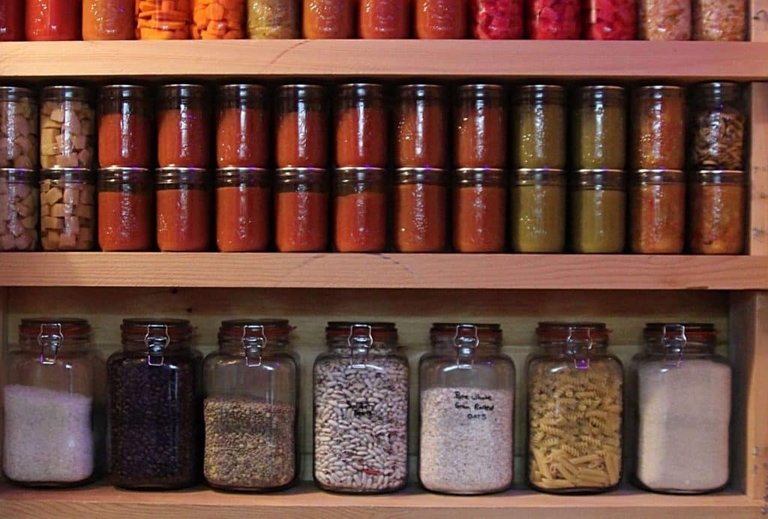
Modify Your Shopping (and Eating) Habits
Changing your shopping habits can be a bit intimidating at first. If you want to eat well and get the most food for your family out of every dollar, instead of pre-packaged food that comes in small boxes, pick up some bulk dried goods or an assortment of other bulk food items. Start small and slowly incorporate new foods into your lifestyle. Purchase seasonal vegetables rather than imported ones. Purchase a whole chicken instead of the pre-packaged breasts and wings and break it down yourself. You can even make stock & hearty bone broth with the carcass.
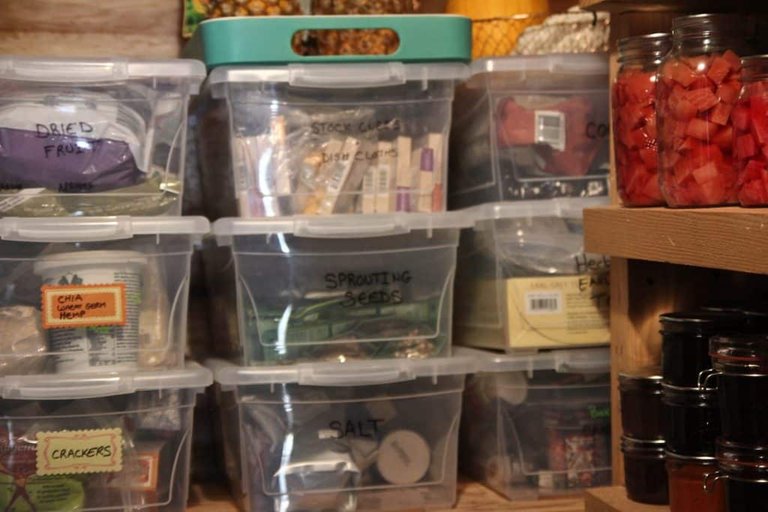
Make Your Own Fast Food
Set aside a few days a month or one day each week and make really large batches of soup, stew, chilli, bread, pasta sauce and other things your family likes to eat. Freeze portions for quick instant meals when you are in a hurry.
Cook Real Food
Learn how to cook from scratch with raw ingredients. Start with simple recipes and work your way up. It's amazing when you think that a bag of flour and some eggs and yeast opens the door to being able to make countless items: pizza dough, bread, tortillas, pasta, bagels, bannock, scones, naan bread, biscuits and so on.
Eat Country Foods
Fishing, hunting and foraging can save you a fortune in grocery expenses. A freezer full of wild meat can sustain a family for a long time. You also get the satisfaction of knowing that what you are eating is sustainably sourced, cruelty and hormone free. If you aren't sure of how to get started, find someone to tag along with and learn the ropes from.
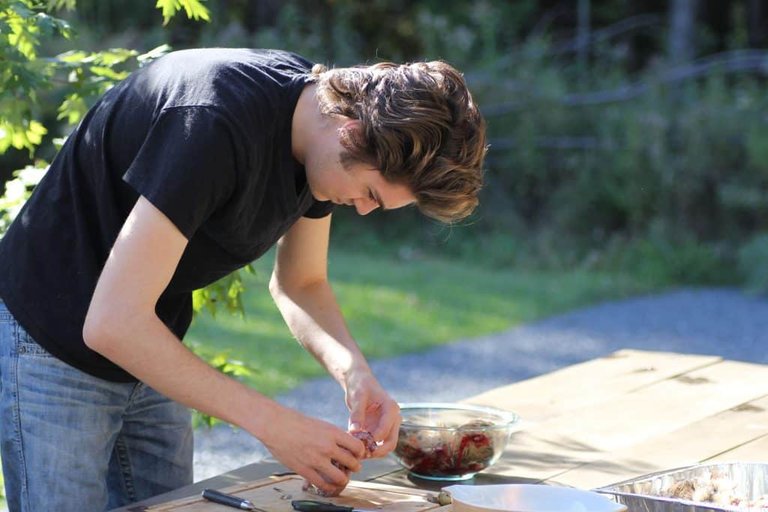
Barter & Trade
Maybe you know someone who grows a lot of food and maybe you have other skills that you can offer to them in exchange for some of that food? Look for opportunities to barter or trade. A co-share of some pigs or chickens can also be quite beneficial? I've got land, you've got feed - let’s talk! Bartering and trading is a good way to avoid having to use money in transactions.
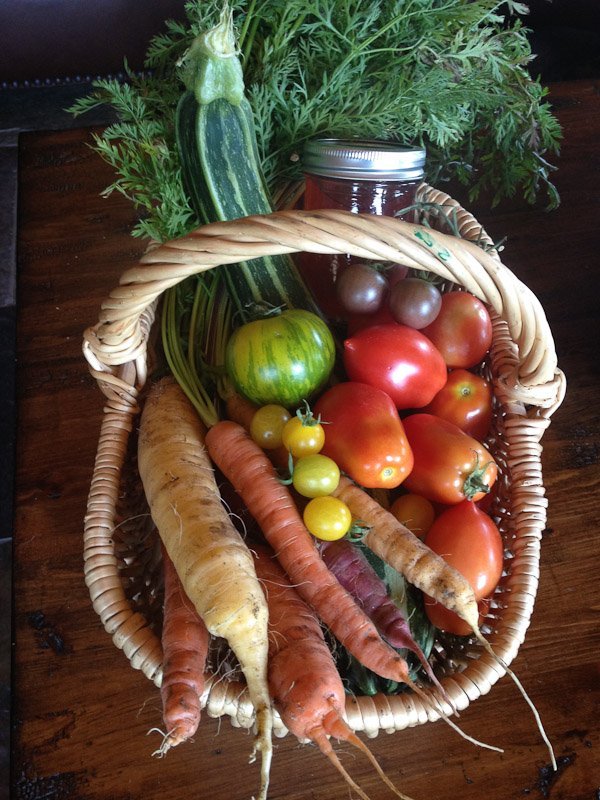
Build Community
A group of people has a lot more weight when it comes to establishing community food programs, gardens and other initiatives. Consider rallying together a group of like minded people to start a real food project.
Take Free Lessons
There are people willing to show others how to cook from scratch, preserve food and so much more. Look to friends, relatives and community offerings to challenge yourself and learn new skills.
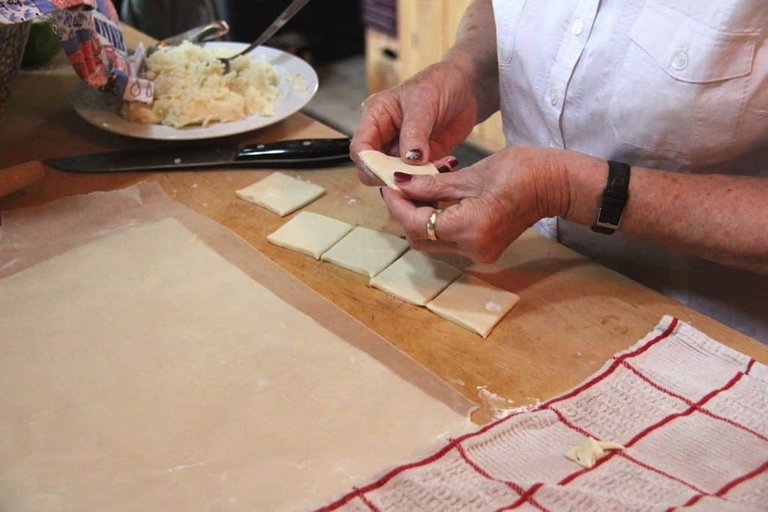
Group Purchases
Get together with some friends or family and pay a farmer for a whole cow, lamb or other meat in advance. You'll get it delivered and packaged ready for the freezer. You can also do this to achieve wholesale pricing on various canned and dry goods. Purchasing by the case at wholesale can save you a bundle.
Make Your Own Country Wines
Many of us like to wind down with a drink now and again. Instead of paying high taxes on store bought booze, make your own. You don't need to spend money on wine kits either. With a bit of sugar, a packet of yeast and some ingredients from your garden (or the store) you can make unique wine, for not a lot of money. You can make wine from literally anything: even water ...although I don't suggest it. Raspberry, blackberry, rhubarb, rose hip, rose petal, birch, parsnip and carrot are a few ideas for you. You'll need a few supplies to get started such as bottles and airlocks but you don't need all the fancy wine making gear to make wine at home.
Make Your Own Vinegar, Condiments and Salad Dressings
Condiments and fancy vinegars can be quite expensive to purchase in the store. They are really simple to make at home and the flavours are unbeatable. Once you get the hang of it you can whip these things up in no time at all. The first time you taste your own vinegar, mustard, ketchup or vinaigrette you'll never be able to eat store bought again.
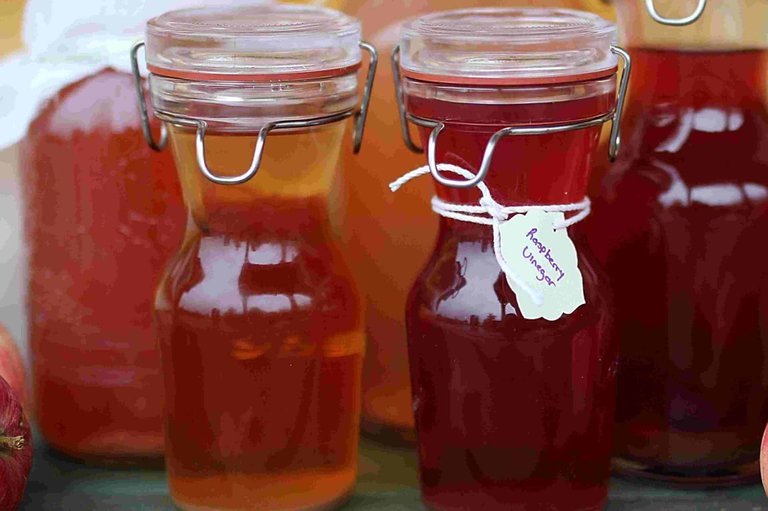
Make Your Own Teas, Herbs & Seasoning's
You can make your own teas, seasoning's & spices and even beauty products from things that grow in your garden or forage. Collect and dry herbs, flower petals and other edible items regularly throughout the season and you'll have plenty of choice come winter time. IF you aren't sure how to identify edible items, talk to your local farmers markets and community groups to see if someone offers group sessions/guided walks.
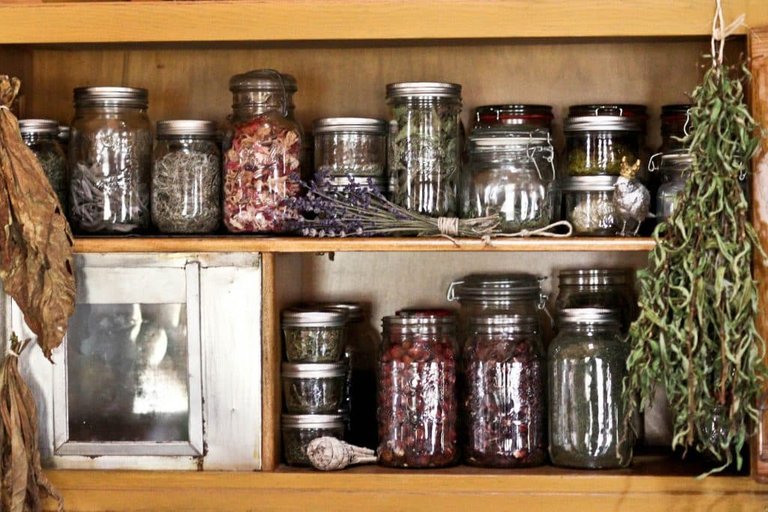
Go Gleaning
Gleaning, or gathering leftover crops from farm fields after the farmer has done his or her harvest is becoming quite popular. Some farmers will open up their fields for a few days and allow to glean the food that's been missed by machinery or farm workers. Don't assume and always ask. You bring along your own buckets and hunt the fields for hidden treasures.
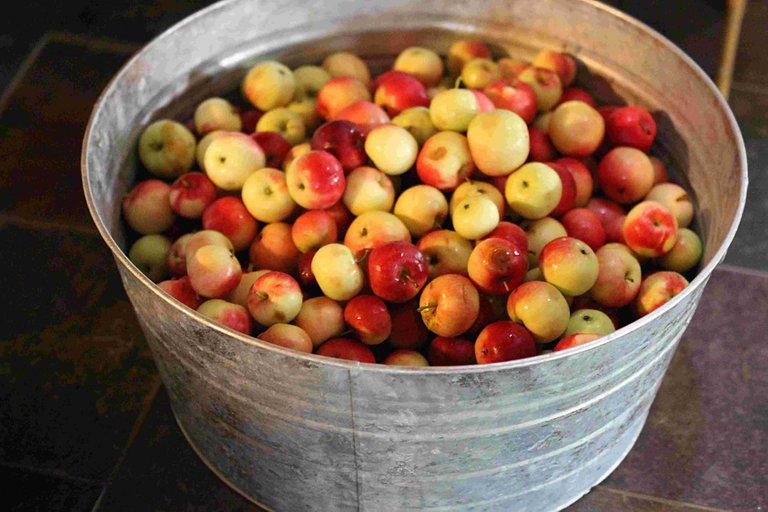
Canning & Preserving
Home canning is a wonderful way to store your vegetables, fruits for long term enjoyment. You can make condiments, jams, jellies and pickled items without any special canning equipment (other than jars). If you want to learn how to can green beans, potatoes, meat and other "non acid" food you'll need to invest a little money in a pressure canner but it's very easy to learn how to use one.
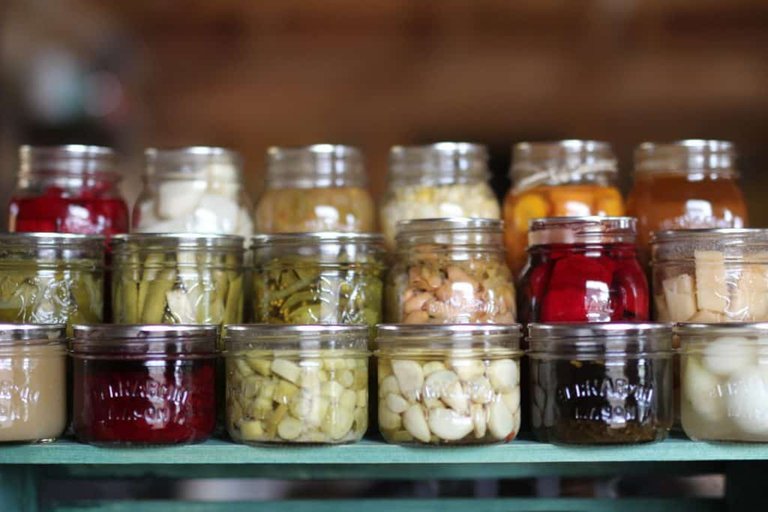
Let's keep building this list! I would love to know what other ways there are to eat well while saving money!
Building a greener, more beautiful world one seed at a time.
Homesteading | Gardening | Frugal Living | Preserving Food| From Scratch Cooking|
You can also find me at: walkerland.ca
Photo copyright: @walkerland

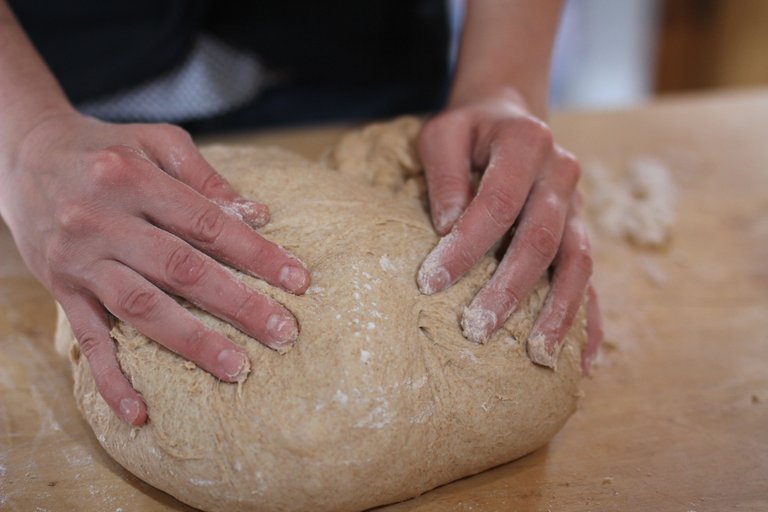
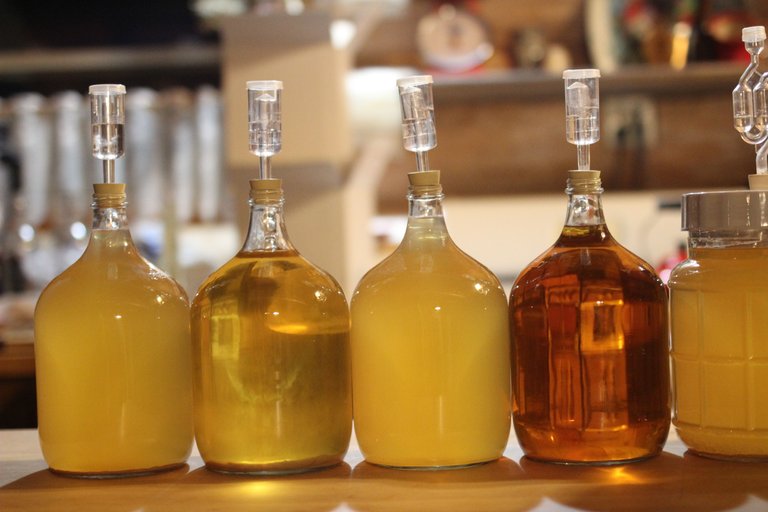
Great Ideas will try to implement your advice walkerland thank you
With love,
harj : ) xoxo
Abstract artist
Thank you!
Thank you! walkerland great to get your interpretation on my last art post called "Attachment" your insight would help us : )
With love,
harj : ) xoxo
Abstract artist
that works in other countries, in the country where I live it does not work that way, we have a high inflation, but in any case very good publication to know how to save. regards
Thanks for the feedback. We all do our best right?
Keeping the pantry stocked is crucial; especially during the winter months. Nothing worse than running out of something during a winter storm (like we're having here today).
GREAT ADVICE!
oh gosh. There are times we can't leave if we want to. Such crazy weather. It's very comforting to know that there's always food to eat. Hope you stayed warm today!!
Tried and true methods! And...I love that they can be started and implemented at any place in life, urban homesteaders and rural homesteaders can all use these points.
Thanks so much! If I knew as a young mother what I know now, there are so many things I would have done differently when it comes to food. It would be so nice if more of this became mainstream thinking.
I am extremely grateful for this post, as I have reached a point in my life where some adjustments really need to be made. Resteemed so I can see this later, too. I am going to try a few things you've listed, like purchasing bulk items instead of packages... That is a more sustainable option anyway. Making large batches and freezing it is also extremely inviting to me <3 As well as bartering/trading. I'm sure I can trade some work for food. I will have to look into it <3 Thank you so much for this lovely post <3
Thanks for sharing I am glad you found some ideas that can work for you. I have found that incremental, steps are more likely to stick long term. Trying to make too many changes at once can be a bit overwhelming and discouraging. I certainly didn't learn any of this overnight!
Yes, but at the same time small changes means small impacts :P it's important to completely shift a lot of aspects of life on Earth right now, I find.. :)
if you've got grit and determination then I agree, leap in full force. It is pretty invigorating to make big sweeping changes in life. I just wanted to put it out there (should have said it in the post) that even small changes add up over time if you are constantly pushing forward toward your goals. :)
I do hear what you are saying, with the way the world is I often feel a sense of urgency to see change happen not just at home but in the world around me.
Really great post...resteemed to save! Thanks for the inspiration!
Glad you enjoyed it! Food is a topic that I am extremely passionate about.
Wow awesome post! So much great content. I've recently started meal planning weekly meals (mainly dinners) and creating a food list and the results are amazing! Saving time, money, and less street daily trying to figure out dinner last minute. You make healthier choices I see and we plan "bulk" cooking meals....often rehashing an ingredient in a future meals. Like toco night we make extra ground meat and save it for chili night or sloppy joes. You cook meat once and use it for two meals.....saves time and dishes!
Thanks again for the great idea!
Sounds like you've got a nice system for healthy home cooking. :)